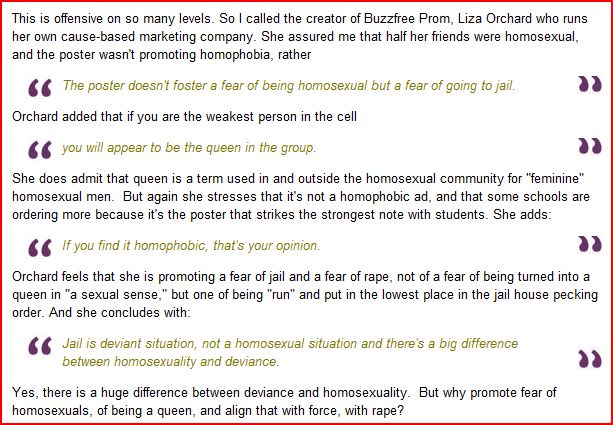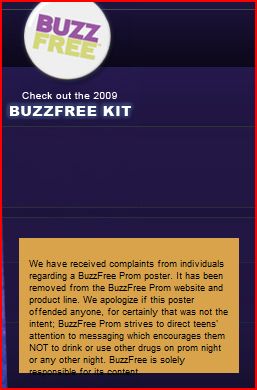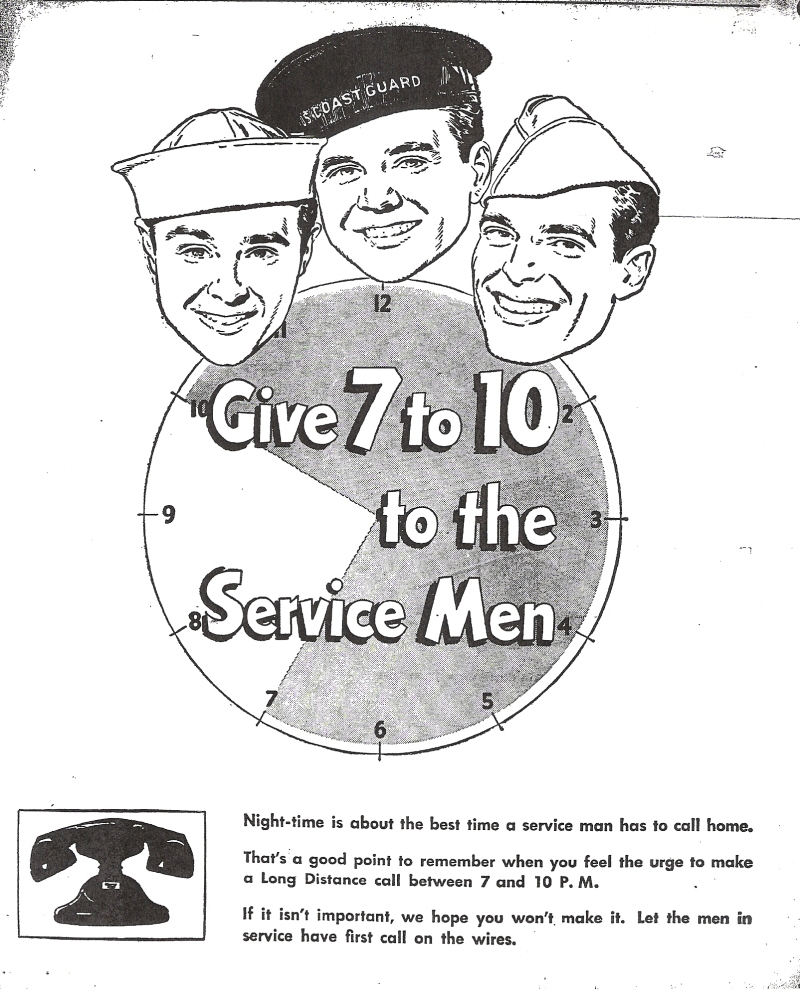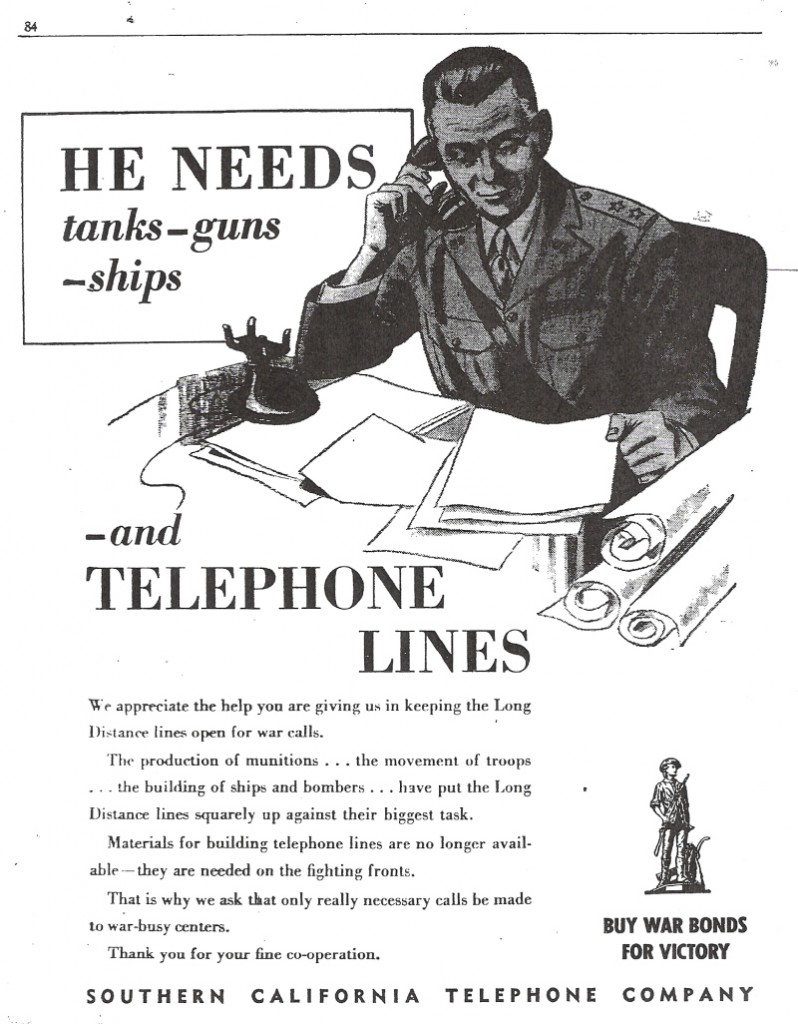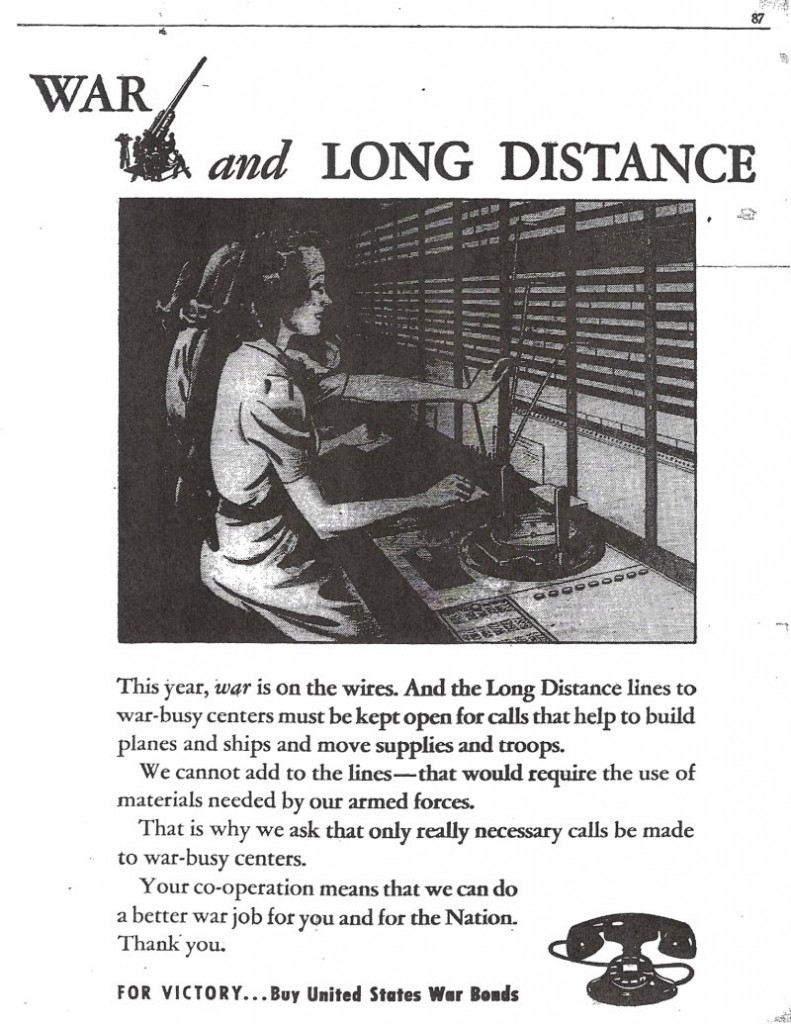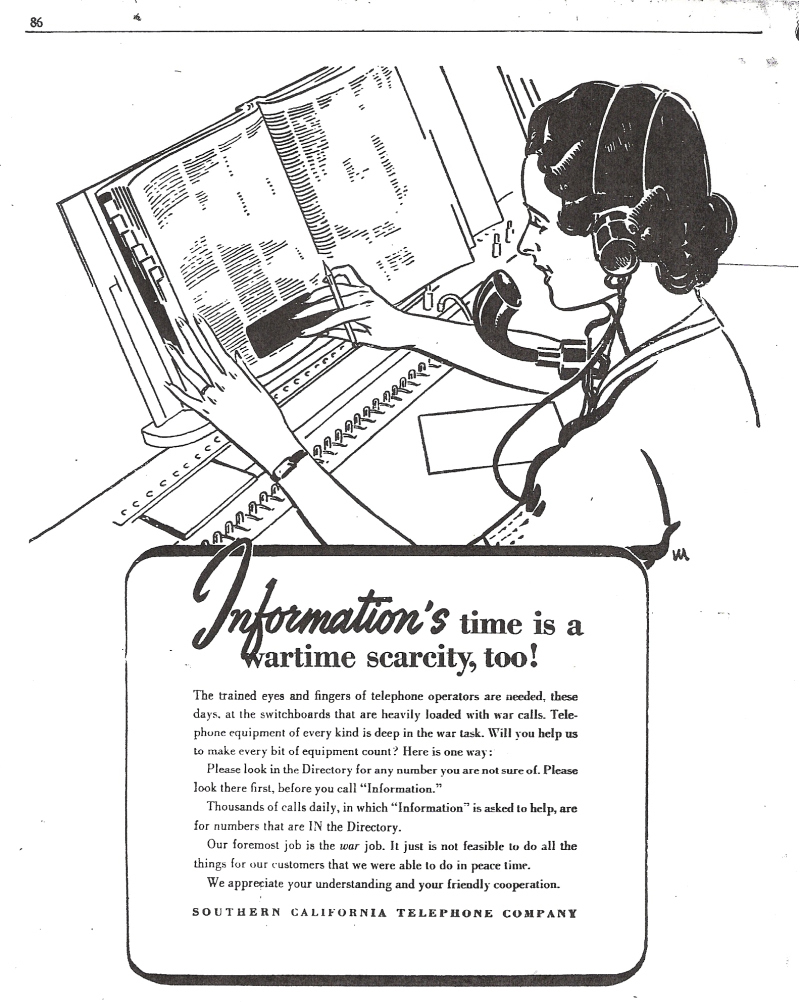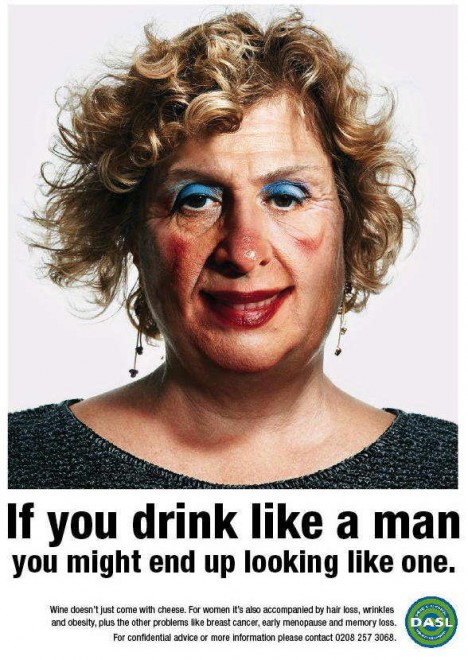Will M. sent in these spots, by Rethinking Autism, designed to counter misinformation about autism:
Sex sells, I guess. Or, as we’ve discussed before, women’s sexual objectivity and men’s sexual subjectivity sells.
Also see these controversial faux-ransom notesaimed at drawing awareness to autism and other cognitive conditions.
—————————
Lisa Wade is a professor of sociology at Occidental College. You can follow her on Twitter and Facebook.



